History Of Kidney Disease
History of kidney disease. Although it has been in existence with humanity it was defined in 18th century. The family history may appear to be negative because of failure to recognise the disorder in family members early death of the parent before the onset of symptoms or late-onset disease in the affected parent. When enough of the filters are damaged the body will fill up with excess wastes and water.
Polycystic kidneydisease PKD is one of the most common inheritedkidneydiseases causing end stage renal disease. A history of clinically evident kidney disease in childhood even if renal function was apparently normal in adolescence was associated with a significantly increased risk of ESRD which suggests that kidney injury or structural abnormality in childhood has long-term consequences. The medical history takes into account present and past symptoms especially those of kidney disease.
First non-albuminuric renal impairment is the predominant clinical phenotype. All participants undergo a full clinical history and examination including past history and family history of kidney disease social history and employment history. A history of childhood kidney disease is a risk factor for adult CKD and end-stage renal disease ESRD.
Kidney function is tested by using blood tests and urine tests. The study specific assessments and the evidence base for these are described below. Current literature on rates of progression to end-stage renal disease ESRD as compared with mortality in CKD shows conflicts.
Exposure to substances toxic to the kidney. And family history of kidney disease. The concept of a dialyser was first conceived by Scottish chemist Thomas Graham.
The natural history of chronic kidney disease describes a progressive decrease in renal function assessed by glomerular filtration rate. Over the last few years analysis of the AMD annals dataset has contributed several important insights on the clinical features of type-2 diabetes kidney disease and their prognostic and therapeutic implications. Assessment of rate of renal decline.
This is called kidney failure. A machine successfully developed for patients was eventually created nearly 90 years later by Dr Willem Kolff.
Polycystic kidneydisease PKD is one of the most common inheritedkidneydiseases causing end stage renal disease.
The most detailed observations on PKD have been written after the. History of the kidney disease treatment. A study of 27998 patients in managed care reported a. A history of childhood kidney disease is a risk factor for adult CKD and end-stage renal disease ESRD. First non-albuminuric renal impairment is the predominant clinical phenotype. Over the last few years analysis of the AMD annals dataset has contributed several important insights on the clinical features of type-2 diabetes kidney disease and their prognostic and therapeutic implications. The concept of a dialyser was first conceived by Scottish chemist Thomas Graham. The incidence of de novo mutations is significant in. The most detailed observations on PKD have been written after the.
It can happen when you have kidney disease for a long period of time chronic kidney disease. Kidney disease usually affects both kidneys and may also damage other parts of your body such as your heart. Children with a medical history of congenital anomalies glomerular disease or pyelonephritis with normal kidney function and blood pressure have a four-fold increased risk for ESRD as compared to children without kidney disease. The natural history of chronic kidney disease describes a progressive decrease in renal function assessed by glomerular filtration rate. And family history of kidney disease. A machine successfully developed for patients was eventually created nearly 90 years later by Dr Willem Kolff. The medical history takes into account present and past symptoms especially those of kidney disease.

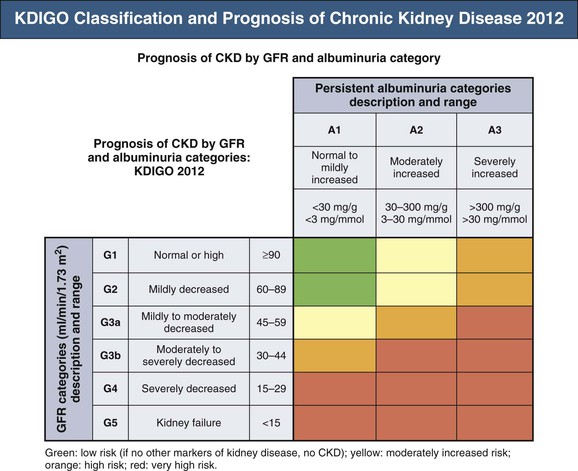
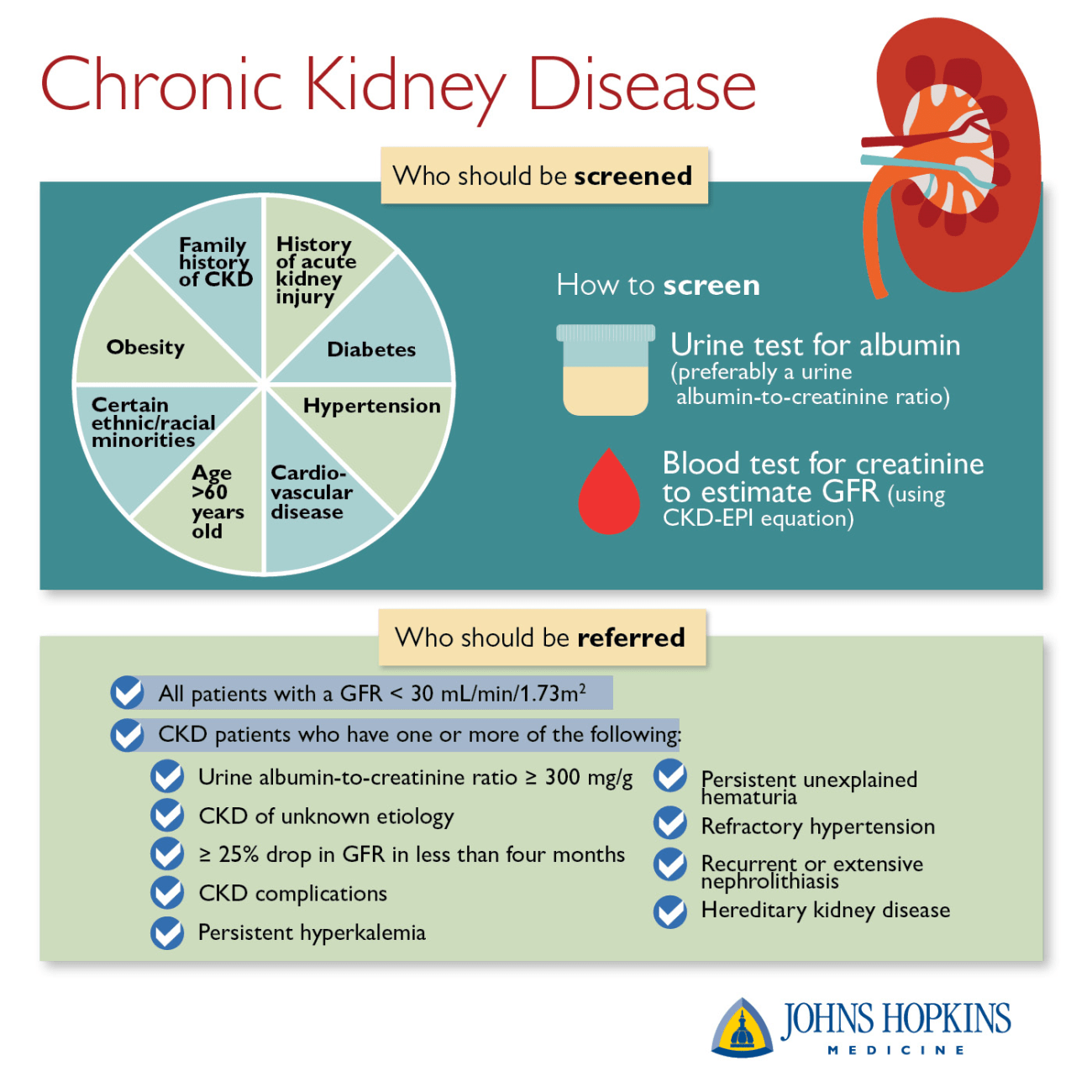
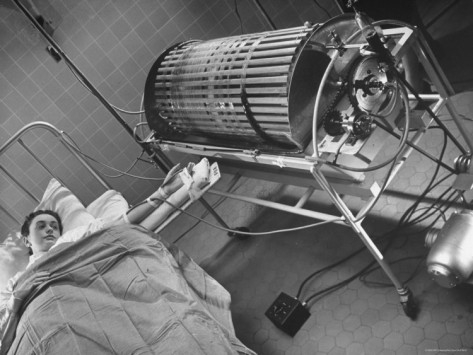
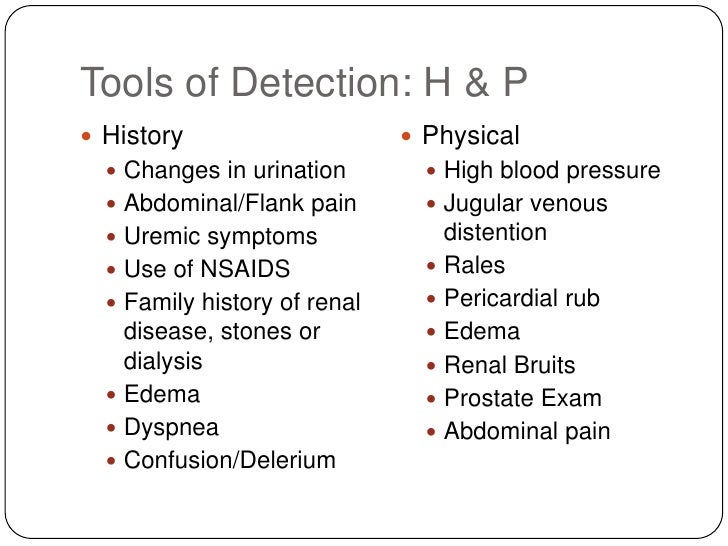








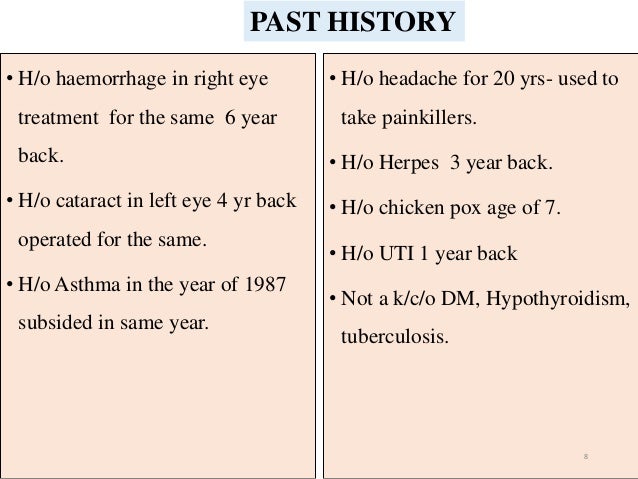

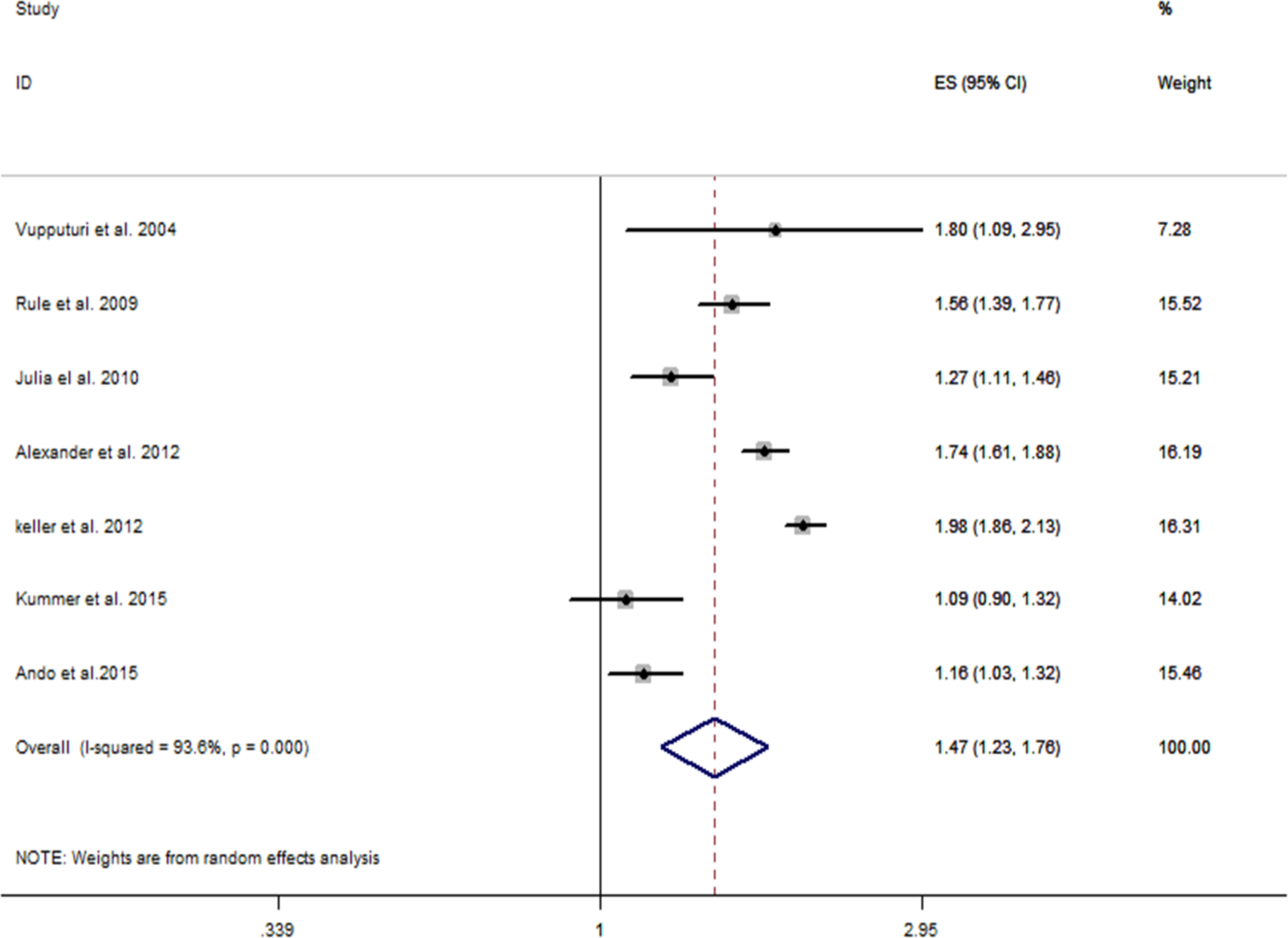


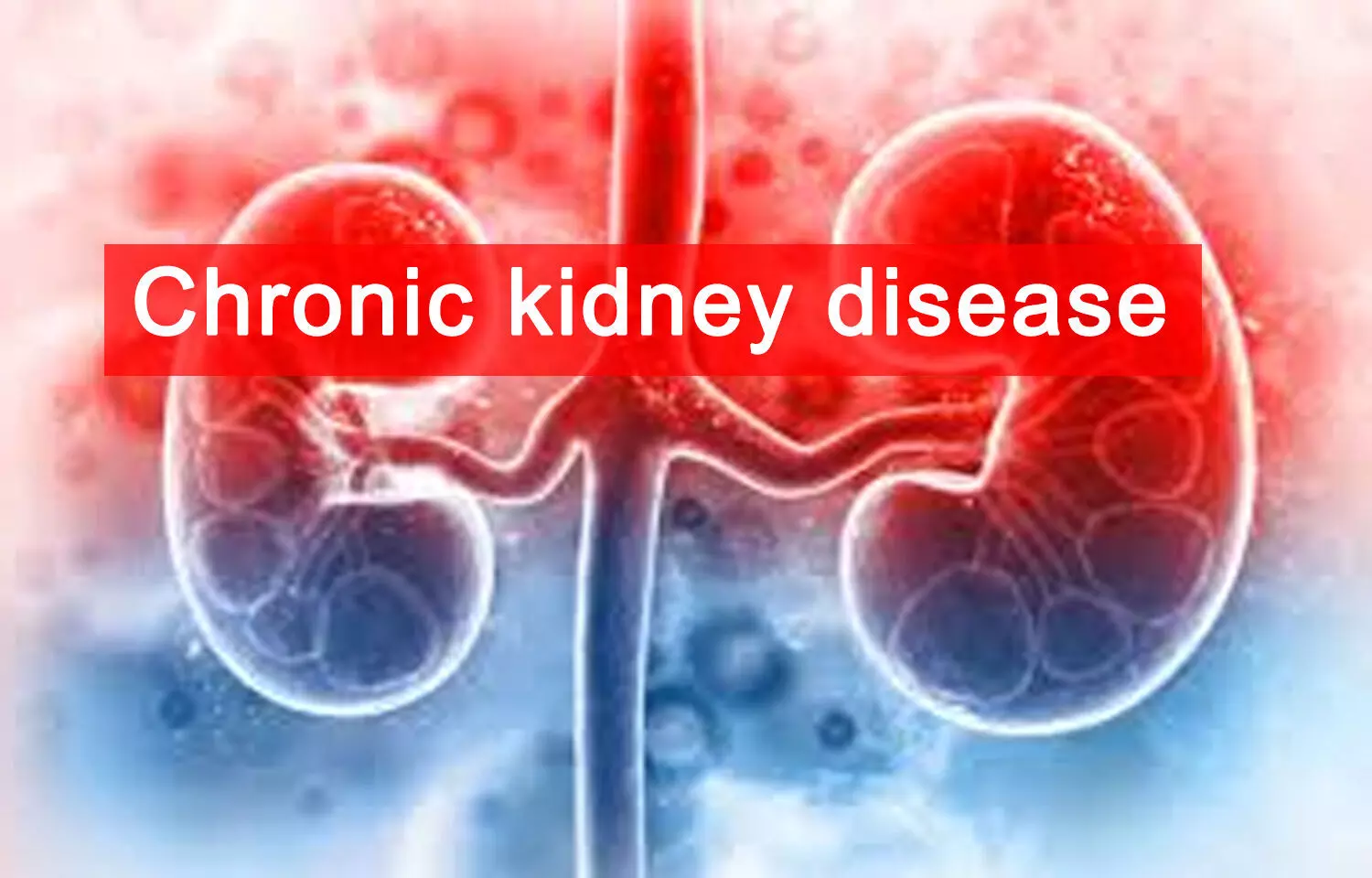
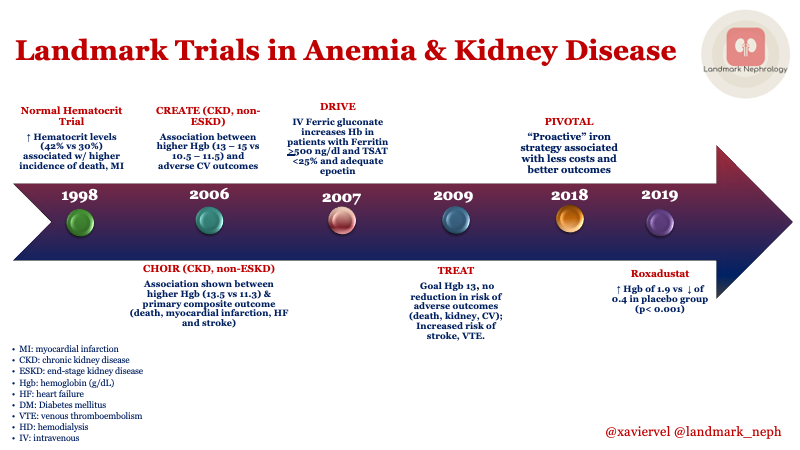

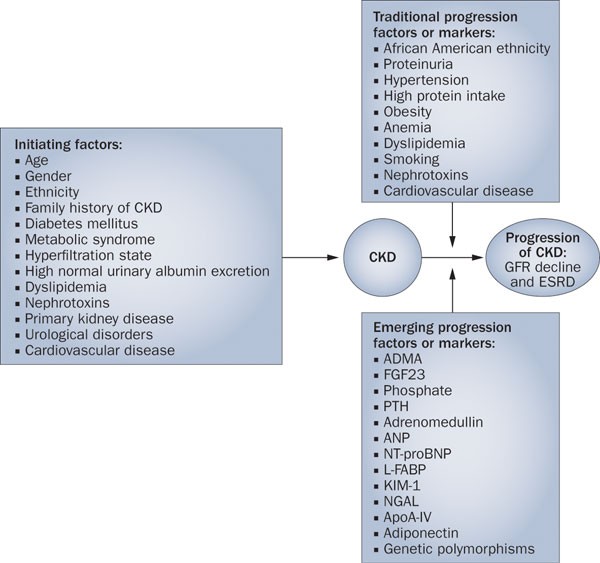



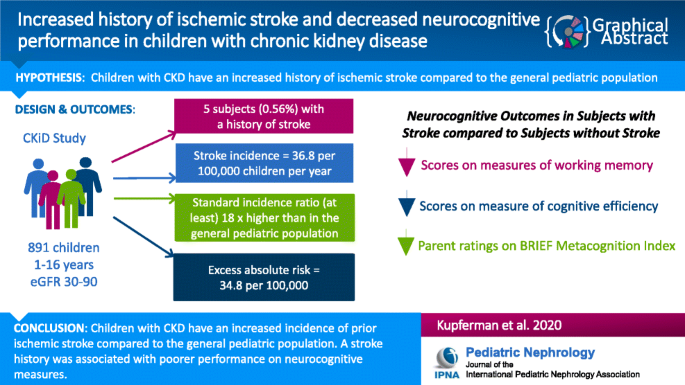

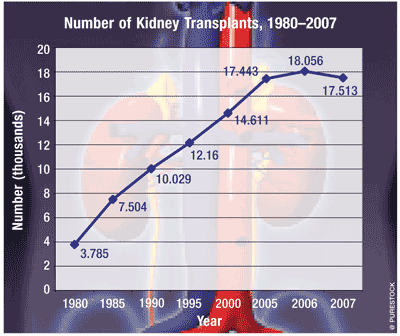




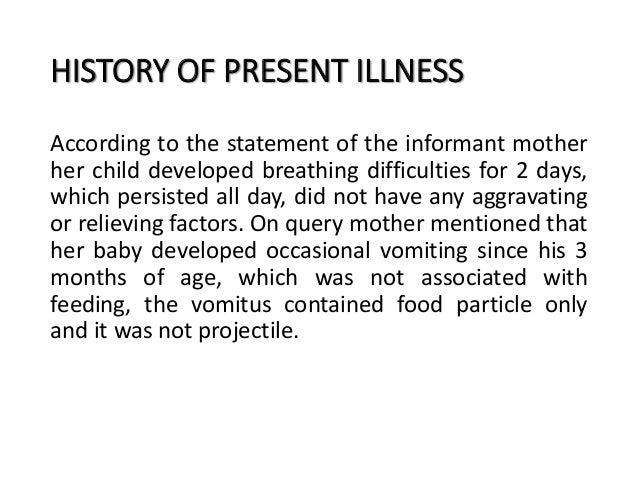
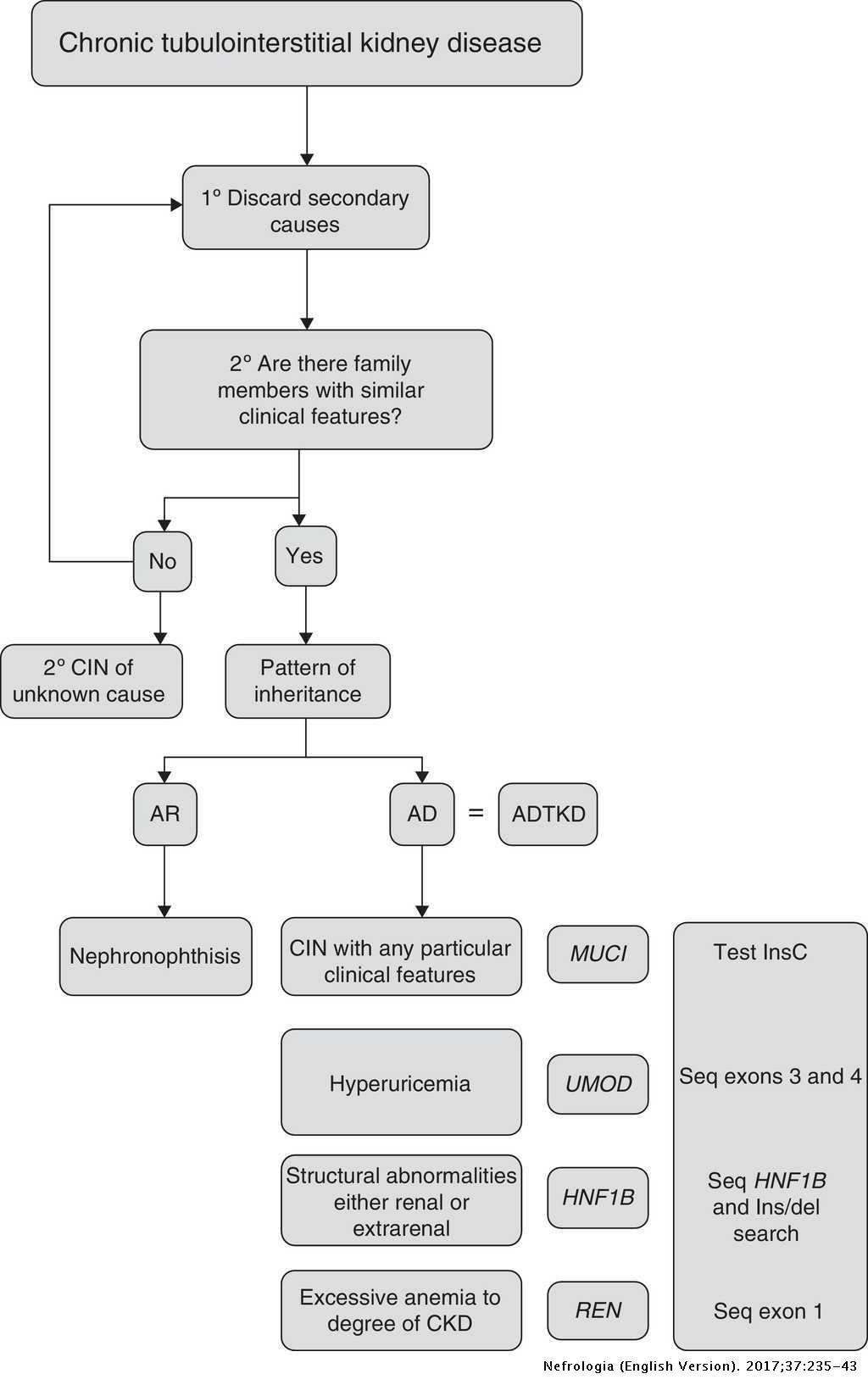






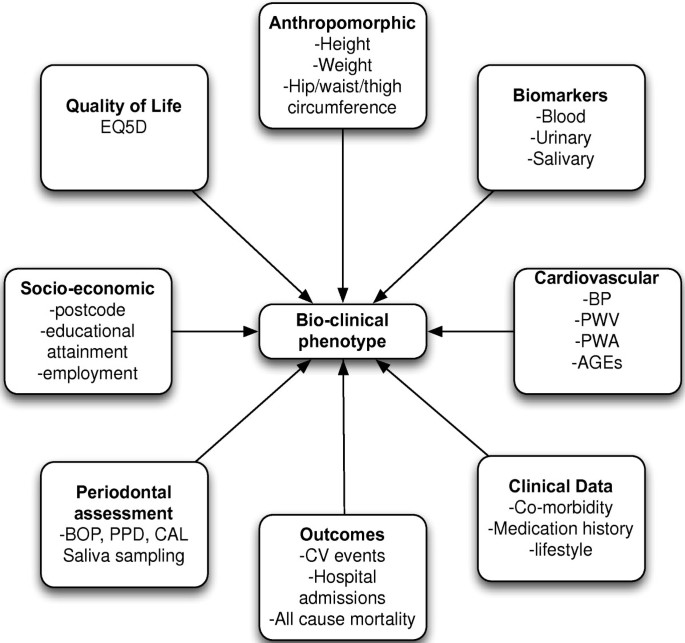

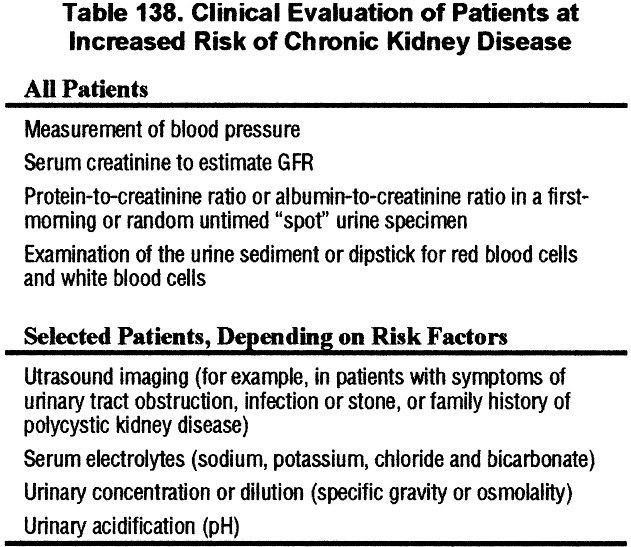


Posting Komentar untuk "History Of Kidney Disease"